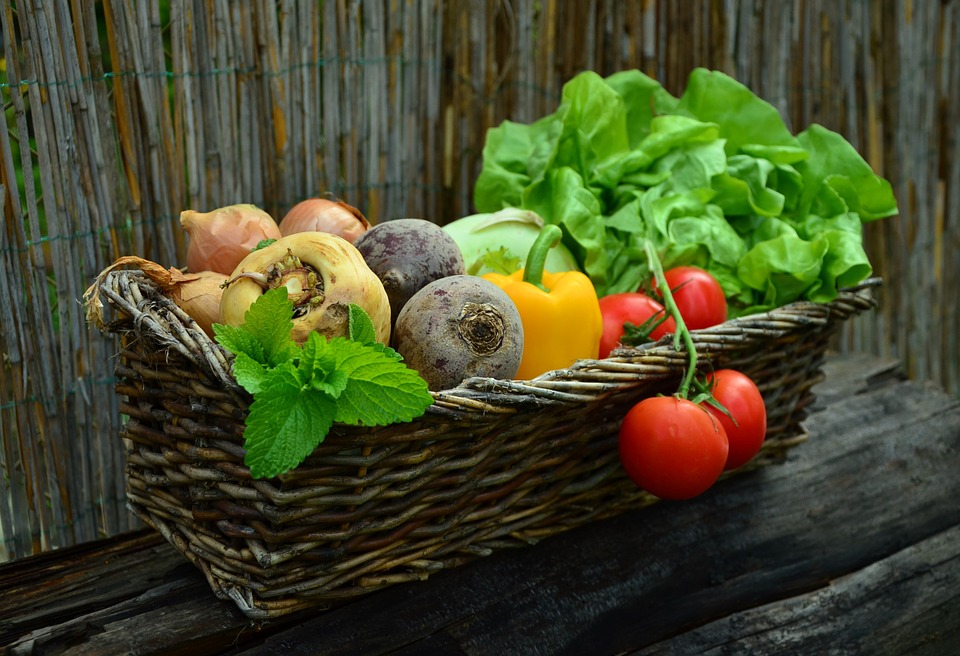The perfect storm
Interview with
In 2050, we'll hit 'peak phosphorus' just when our population is at its highest and  demand for food will be high. What can you do as an individual to reduce your phosphorus footprint? Kat Arney put this to Dr John Hammond and Dr James Dyke...
demand for food will be high. What can you do as an individual to reduce your phosphorus footprint? Kat Arney put this to Dr John Hammond and Dr James Dyke...
Kat - It's not all doom and gloom then, there are things we can do to close the loop and lessen the load of the loss of phosphorus but is it going to be enough? James Dyke and John Hammond are still with us. John what do you think because I guess we're facing a growing global population, we've got issues of climate change and now, as has become clear, problems of water shortage potentially, and a phosphorus shortage. This sounds like a doomsday scenario?
John - Yes, I think there is sort of a perfect storm scenario that we could envisage coming up in the future where we've got all these competing interests coming together - population, food supply, climate change. But there are things that we can do, and we are doing, to try and mitigate that but there's no single silver bullet. It's a whole host of things, I think, we need to do.
Kat - So what can we do? Say me as an individual, I can do things to reduce my carbon footprint, I can cycle, I can try not to take so many flights - what can I do for phosphorus footprint?
John - Well, there's a couple of things. Firstly is reducing our meat consumption. Producing meat uses far more phosphorus than it does producing vegetables and grains. Going for a more vegetarian based diet would certain reduce it and research suggests, if we all went vegetarian, we'd probably reduce the amount of phosphorus we're using in our food production systems by 25 to 45%.
Kat - And James - what about reducing things like food waste? Are there other things we can do as a whole society?
James - Indeed, yes. So, in a developed nation context we do throw away tremendous amounts of food so that is throwing away a tremendous amount of phosphorus. In developing nations, the main problem they've got is getting the food from the field to the market before it rots. One kind of optimistic slant on this is, given how prodigiously wasteful the food production system is on earth, there's an awful lot of fat to cut, so there's an awful lot of savings we can make.
Kat - It just seems all round if we can do things to reduce our consumption of water, of fossil fuels to release less carbon, and use less phosphorus. This is generally all round a good thing so generally reducing consumption is what humans should be aiming to do on a personal and society level?
James - Yes, but if you look around that's not the kind of message that you tend to get on a day to day basis. We are continually compelled to consume more. So, by the middle of this century when there'll be the greatest number of mouths to feed - there'll be 9 billion people - we're going to have to produce 50% more food, gain access to 50% more water, generate 50% more energy, all at the same time as reducing our impacts on the earth's climate. And that may, unfortunately, be around the same time we could see a peak in our supply of phosphorus so, whilst there are lots of things we know we have to do, there's lots of things we can do individually, society, commercial and governmental contexts. This really is a very significant challenge that I think it's fair to say we're not really addressing right now.
Kat - But, presumably, every little will help.
James - Absolutely - do your part!
Kat - I think I shall try and have more meat free days - that's what I'm going to commit to.
- Previous Sewage: the answer to our prayers?
- Next Blame it on your brain










Comments
Add a comment